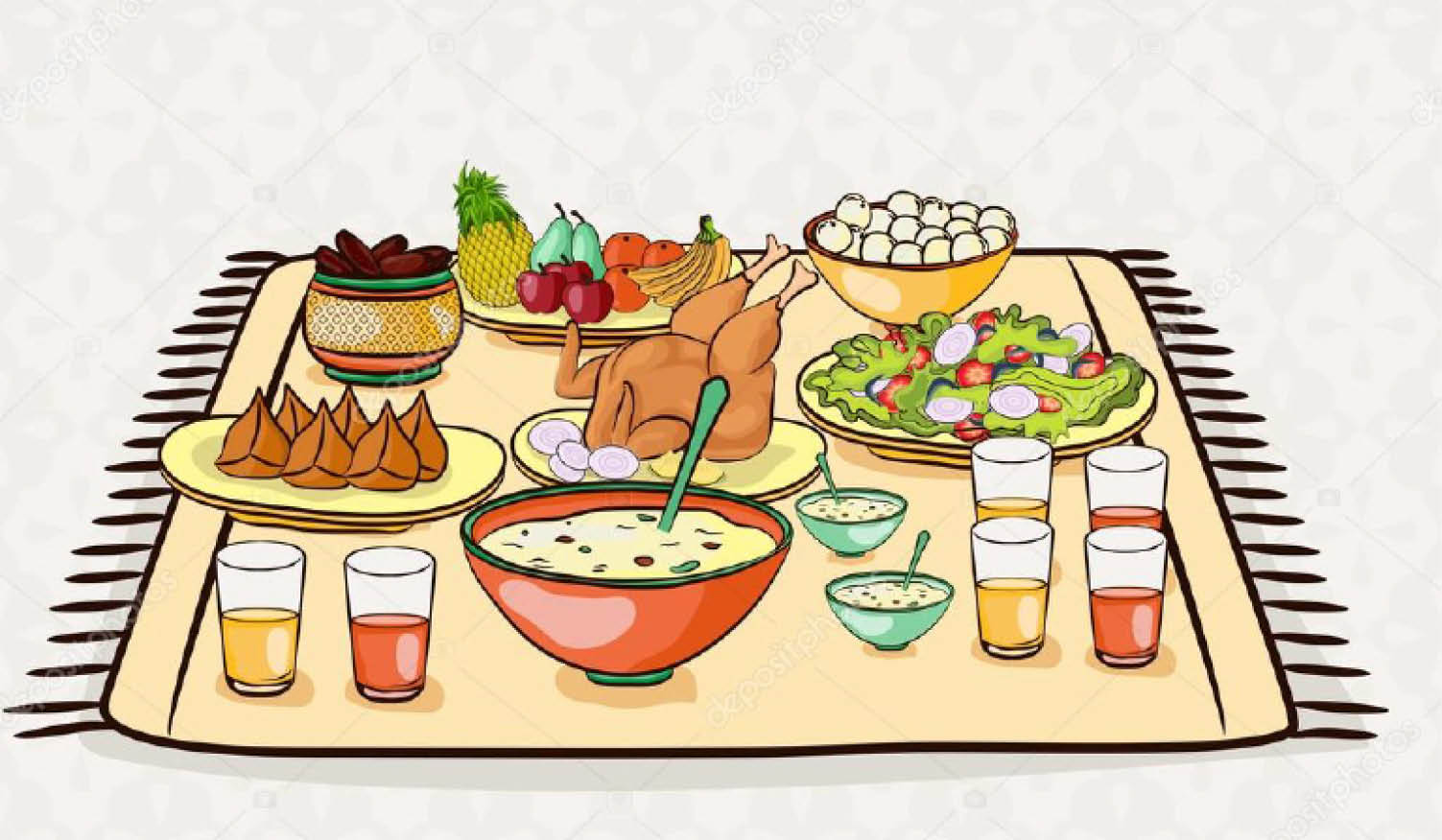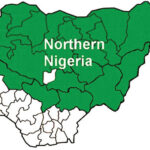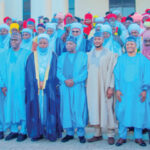Gratitude is due alone to Allah (SWT) who made Ramadan a unique opportunity for Muslims to improve upon their spiritual wellbeing with a view to getting nearer to their Creator. Ramadan also provides opportunities for Muslims to renew and strengthen the bond of brotherhood that exists between them and fellow creatures.
As an aspect of spending in the way of Allah, Islam exhorts believers to feed the indigent public in Ramadan called “Iftar Jama’i” in Islamic literature. Informing us about the inestimable reward for every act of charity, Allah (SWT) affirms in Qur’an 2:261 saying “The parable of those who spend their substance in the way of Allah is that of a grain of corn; it grows seven ears and each ear hath a hundred grains. Allah gives manifold increase to whom He pleaseth; and Allah careth for all and he knows all things”.
- Humanitarian crisis worsens in Niger as IDPs troop to state capital
- Nigeria needs N147b to avert food crisis in North East – UN
Whoever feeds a fasting believer in Ramadan receives the same measure of reward given to the person(s) fed without reducing anything from the reward of the latter. For instance, if you fed 10 persons who are fasting in a day, you would receive a reward equivalent to the reward received by 10 persons that fasted on that day. This is aside of the reward that accrues if you also fasted on that day. Let us therefore take advantage of this exclusive bonanza available only in the month of Ramadan. As we may have learned, fasting as an act of worship is so revered that Allah (SWT) said fasting is for Him, and He alone, not the angels, gives the reward for it.
Providers of public feeding are required to be sincere, modest and God-fearing in their acts of charity. The feeding, for example, must be for the sake of Allah and not for any cheap popularity or political gains. Also, the act of feeding must not be followed by public references or reminders intended to bring the good deed to public knowledge. Feeding others should not constitute or become a source of discomfort to the person or group that was fed. The spirit of charity is ruined when the benefactor’s body-language suggests the indispensability of his public feeding intervention. This is sheer hypocrisy.
The expected reward for feeding others in Ramadan is jeopardized when the financier verbally humiliates the beneficiaries. Allah (SWT) cautions us in Qur’an 2:264 and states “O ye who believe! Cancel not your charity by reminders of your generousity or by injury like those who spend their substance to be seen of men…” The essence and sanctity of every act of charity including feeding of the poor, needy and the vulnerable is surely preserved when the left hand of the giver does not know when and how the right hand gave out alms.
To feed a person or group during Ramadan or carry out any other act of charity in order to be seen of men actually constitutes no charity. If anything, it is false charity. Such is metaphorically compared to a hard rock on which a little soil had fallen by chance. When rain which benefits soil falls, it will simply wash away the little soil and leave the rock as bare as it were. The lesson here is that sponsors of hypocritical acts of charity derive no benefits from their wealth.
Allah likens genuine feeding of the poor and sincere charity to a farm with fertile soil that is further matched with abundant showers of rain. Favourable weather conditions and the moistures that penetrate the soil all add up to increase the yield from the farm. This parable is mentioned in Qur’an 2:265 “And the likeness of those who spend their substance seeking to please Allah and to strengthen their souls is as a garden, high and fertile; heavy rain falls on it but makes it yield a double increase of harvest; and if it receives not heavy rain, light moisture sufficeth it. Allah seeth well whatever ye do” By implication, a Muslim who is sincere in his acts of charity is spiritually healthy and better positioned to enjoy the bounties of Allah (SWT).
The act of feeding the poor and the needy in Ramadan could be carried out directly by the financier or indirectly through mosques where formal arrangements for such public feeding in Ramadan exist. Some mosques have even developed the system further by defining what it costs in naira and kobo to feed a person or 10 persons or 15 persons so that interested financiers would only be required to pay the amount it costs to feed the number of persons they intend to provide meal for.
As some state governments including Zamfara announce various sums they have appropriated for public feeding of the poor and the vulnerable including Internally Displaced Persons (IDPs) during this Ramadan, we appeal to those put in charge of the arrangements to fear Allah (SWT) and ensure, through proper coordination, that the public feeding succeeds without the target recipients becoming victims. The food items should not end up in the houses of officials entrusted with the commodities. Neither should the raw foods supplied for the exercise find their way to retailers’ shops in various markets.
According to the Sunnah of the Prophet (SAW), charity including feeding of the poor is a strong instrument for securing salvation from illnesses as well as a means to averting calamities. The Prophet (SAW) exhorts us to in one of his sayings to treat the sick among us with alms. As we engage in feeding the poor, the needy, IDPs, orphans and widows in this Ramadan, we pray that Allah (SWT) will deliver us from our personal worries and all our critical national challenges including kidnappings and banditry, amin.

 Join Daily Trust WhatsApp Community For Quick Access To News and Happenings Around You.
Join Daily Trust WhatsApp Community For Quick Access To News and Happenings Around You.


